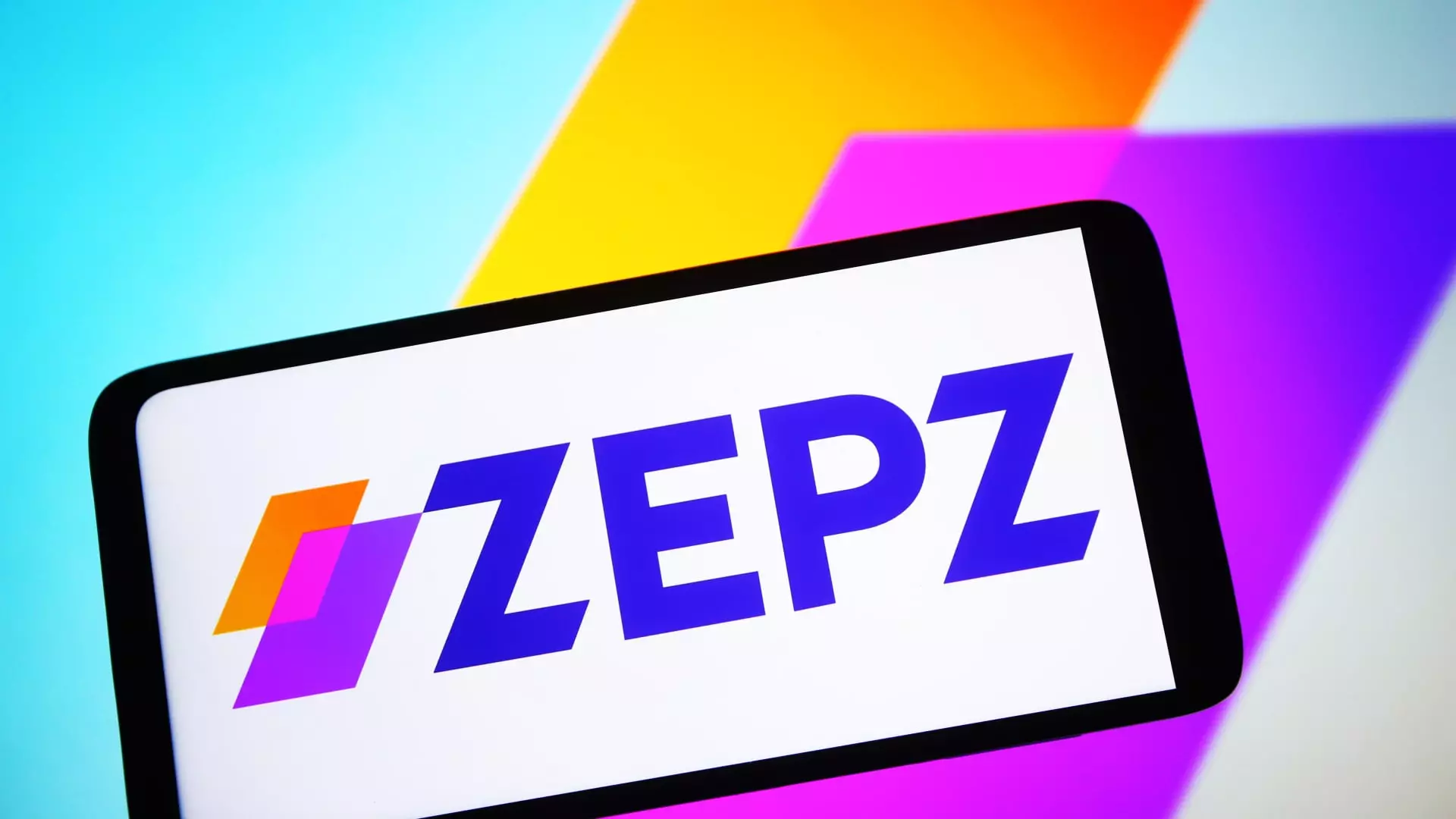In a rapidly evolving fintech landscape, companies must adapt to changing market conditions while seeking efficiency and innovation. Zepz, a digital remittance firm based in the UK and formerly known as WorldRemit, is taking a difficult but necessary step by announcing significant layoffs affecting various IT roles within the organization. As the company looks to streamline operations and refocus its strategic goals, the move raises concerns about not only the immediate impact on employee morale but also on the broader implications for a rapidly transforming industry.
Recent reports indicate that Zepz is proposing to lay off around 200 employees, which represents approximately 20% of its global workforce. Such a significant reduction is seldom a reflection of individual employee performance but rather an organizational necessity driven by the company’s evolving objectives. The focus seems to be on technology roles—specifically those related to database administration and software engineering—highlighting how automation and artificial intelligence may have rendered certain positions redundant.
The company confirmed the redundancies, stating that they were intended to create a sustainability-focused framework for future growth. Many firms in the fintech sector have similarly navigated workforce adjustments as they adapt to new technologies and market demands. However, the emotional toll on employees cannot be overlooked. Those who recently lost their jobs are left grappling not only with financial uncertainty but also with the psychological impact of an unexpected career change.
Zepz’s decision to refine its operational strategies comes on the back of a successful replatforming effort that has bolstered its technological foundation. The company’s spokesperson elaborated that the aim is not just to cut costs but to increase efficiency and leverage advanced technologies. This organizational shift is commendable, yet it raises a pressing question—what does this mean for the individuals impacted, and how can the company ensure their transition is as smooth as possible?
The company’s CEO, Mark Lenhard, communicated this decision internally, emphasizing that the closures in Poland and Kenya were critical to achieving broader business objectives. Despite being labeled a “remote-first employer,” this strategic re-evaluation sends an unsettling message about job security within the organization.
Zepz was founded by Ismail Ahmed, a visionary entrepreneur with a compelling backstory that includes fleeing the Somali Civil War. His commitment to serving immigrant communities is woven into the fabric of Zepz’s mission. The rebranding to Zepz came after the acquisition of Sendwave, expanding its reach in the marketplace. However, despite its ambitious growth trajectory—supported by impressive funding rounds and a valuation of $5 billion in 2021—the reality of its recent layoffs puts a damper on its narrative as a fintech darling.
Previously, Zepz had already reduced its workforce by 420 employees in early 2023, showcasing a pattern of strategic adjustments. While cost savings and structural reconfiguration are common in the industry, it becomes crucial for Zepz to learn from these experiences and work proactively to retain talent. Moreover, with increasing competition from other prominent players in digital payments such as PayPal and Wise, ensuring a motivated and skilled workforce is more critical than ever to maintaining a competitive edge.
Looking Ahead: The Path Forward for Zepz
Zepz is committed to contending in a crowded fintech marketplace, with the stakes of these recent changes outlined as essential to its growth. The company insists that service to customers will remain unaffected by the current layoffs. However, as they endeavor to drive innovation and enhance operational capabilities, they must also remain focused on improving the corporate culture.
Also, the potential for Zepz to pursue an initial public offering (IPO) remains a topic of speculation. In an industry filled with volatility and change, the impact of recent layoffs on investor perception and overall market strategy will be closely watched. The path to becoming a publicly traded company may hinge on confidence in both their financial strategies and their commitment to their workforce.
Zepz’s strategic shift encapsulates the delicate balance companies must maintain between operational efficiency and workforce stability. As they navigate these challenging waters, more than just financial performance metrics will shape their future success. Ultimately, it is about striking an equilibrium that supports not only innovation and sustainability but also the well-being of employees who contribute to these ambitious goals. In facing adversity, Zepz has the chance to demonstrate leadership that prioritizes compassion and vision, elements that will be essential for enduring success in the fintech space.

